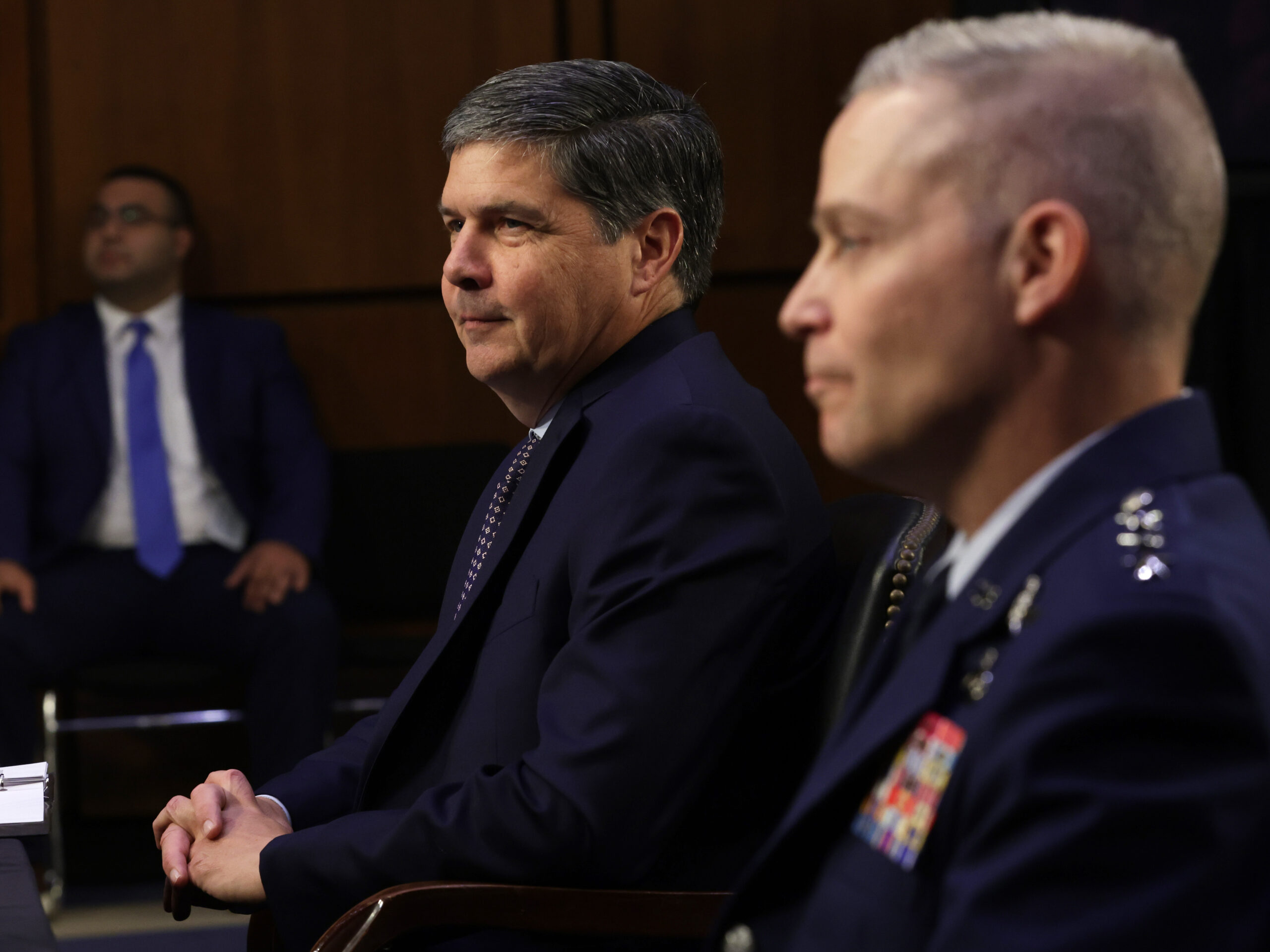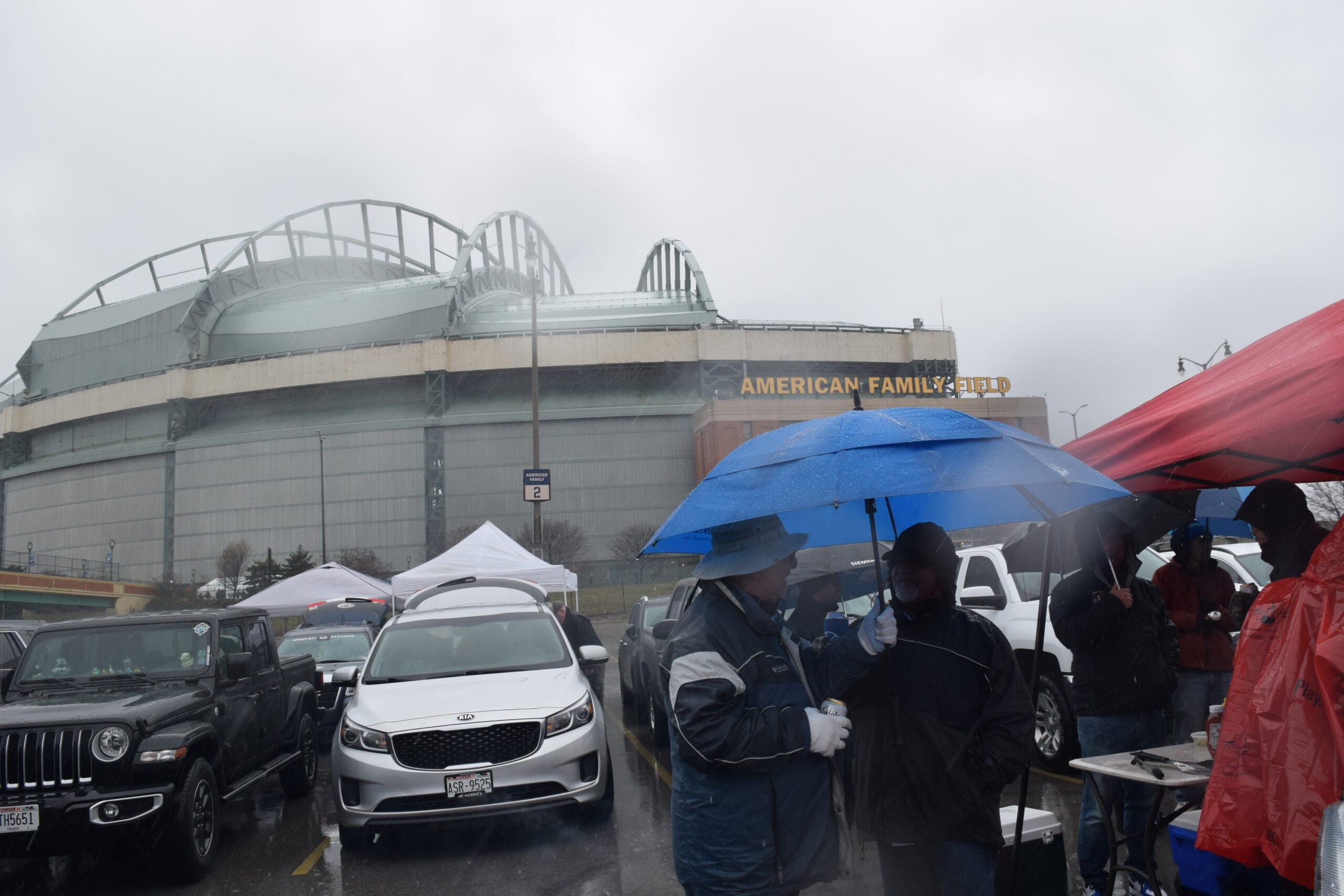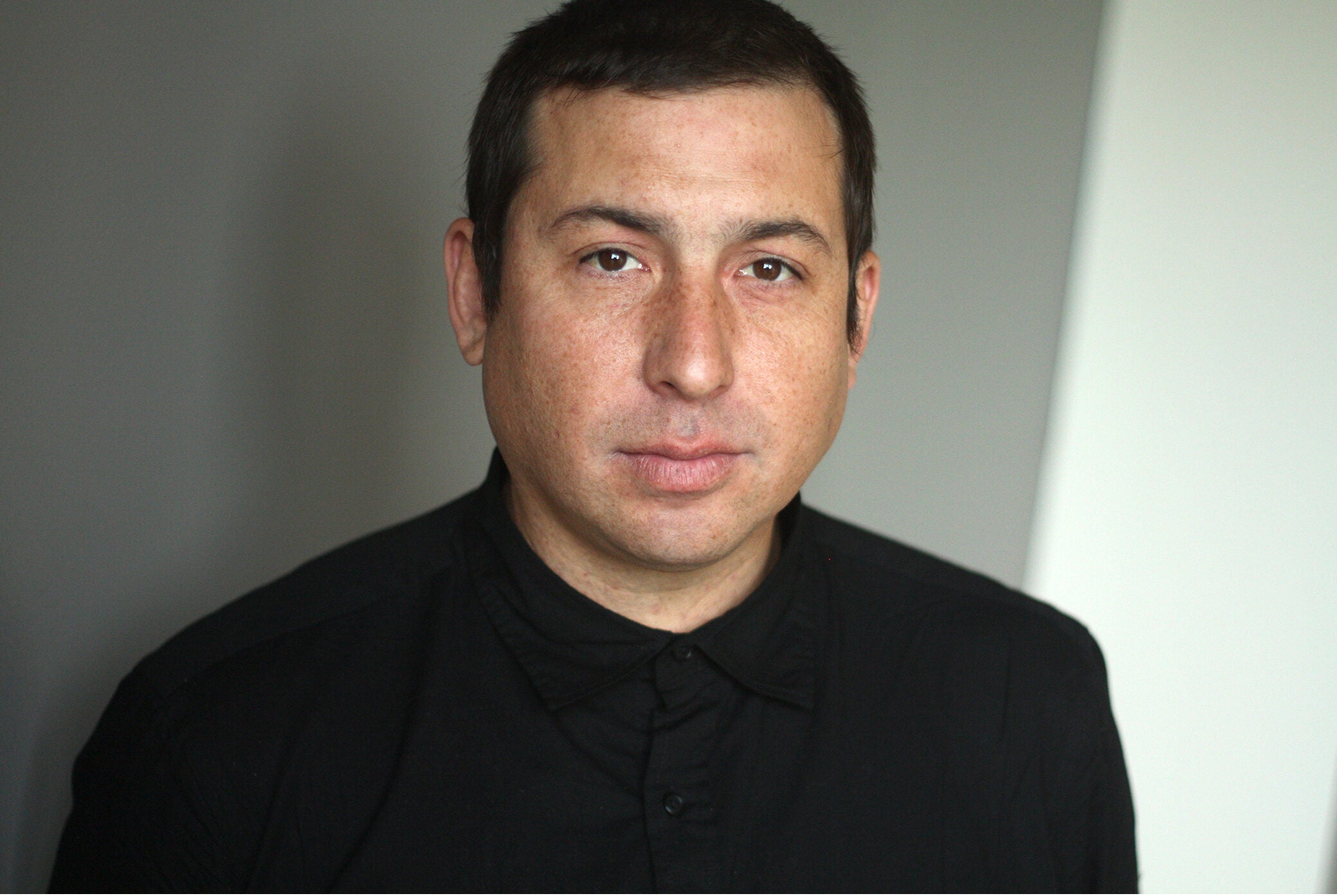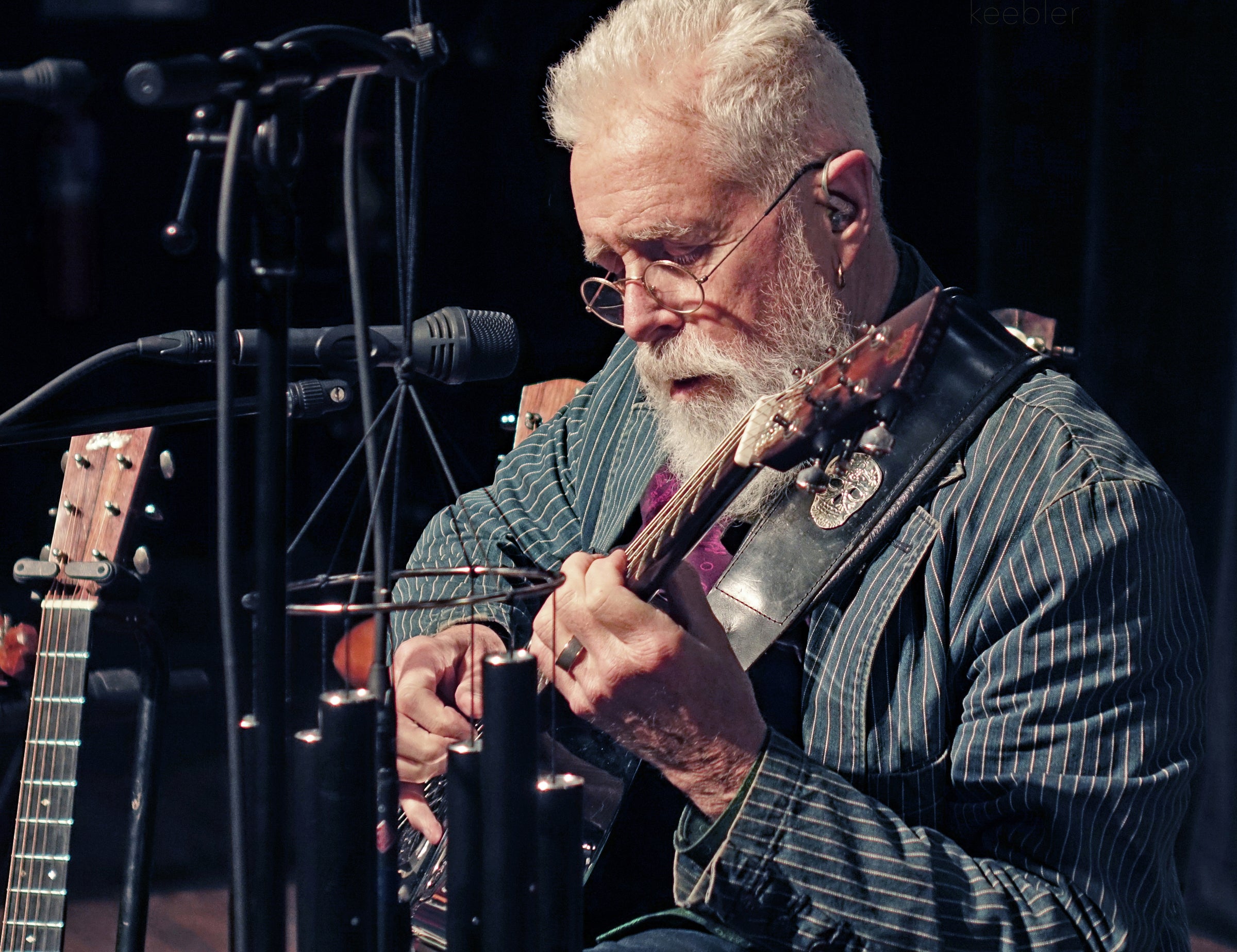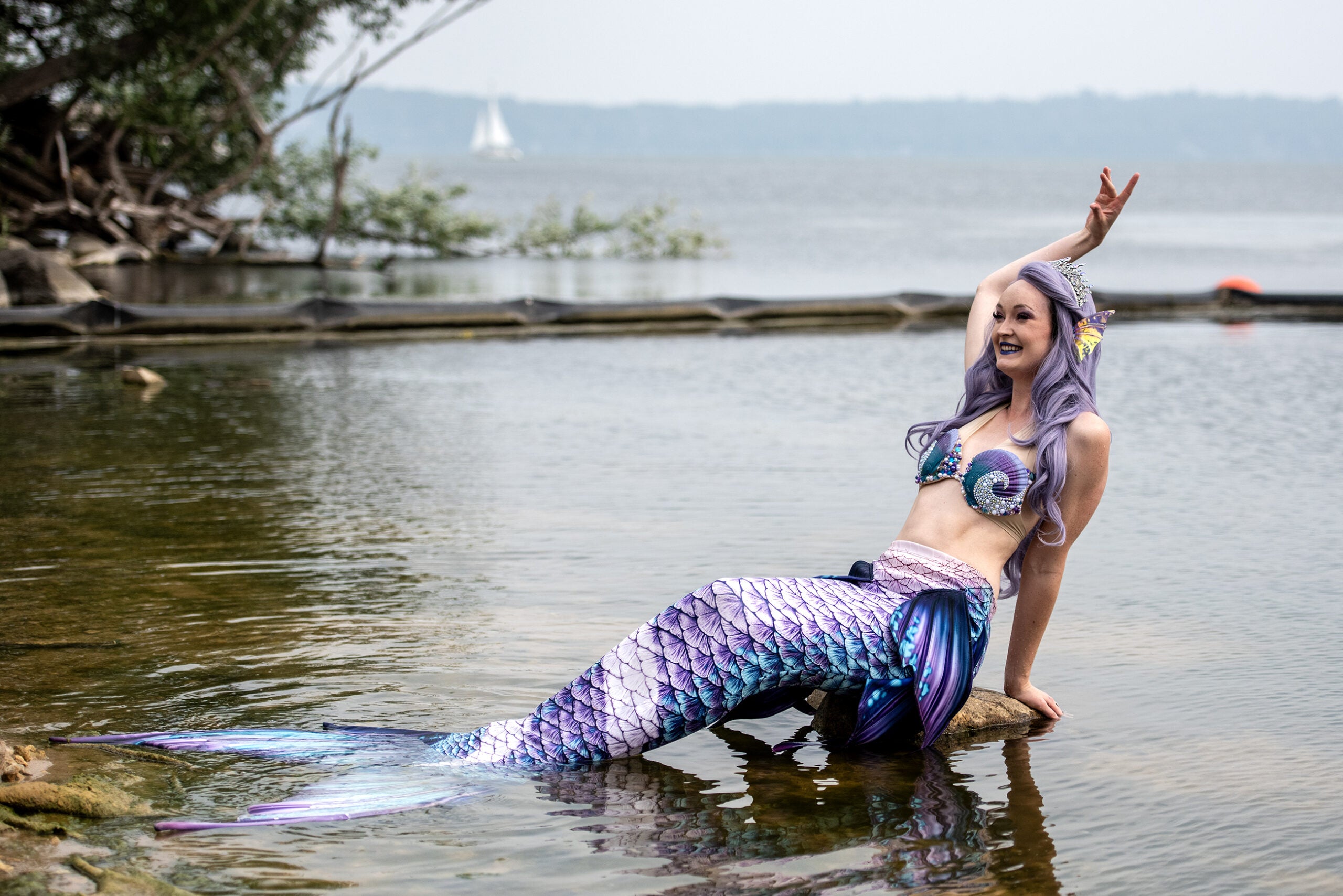DIY is all the rage these days, whether it’s beer, lipstick, scarves, wreaths, wall art, friendship bracelets… or anything, really. But what we think of when we think of crafts today is a far cry from how people hundreds and thousands of years ago understood the concept of crafting. Before the industrial revolution, people thought of craft — or as they would spell it in old English, crӕft — as something involving wisdom, profound skill and resourcefulness, and even spirituality or virtue. We talk to the author of “Crӕft: An Inquiry into the Origins and True Meaning of Traditional Crafts,” about his experiences practicing the old “crӕfts” of scything, beekeeping, hide-tanning, wool-spinning and more.
Featured in this Show
-
How Crafting Connects Us With The Past
Crafting has experienced a resurgence of sorts.
Handmade goods go for big bucks on Etsy.com. Pinterest is full of do-it-yourself instructions on how to make anything from wall art to wedding table centerpieces.
But it’s a far cry from crafting’s origins.
“I think when I sort of sit in the sun and make a basket from willow I cut myself, there’s an element of me that’s connecting to the past,” said Alexander Langlands, an archeologist and historian at Swansea University in the United Kingdom. “But also, I don’t have to worry whether that basket works or not. My life isn’t dependent on it. So I think we’re always, when we’re doing crafts today, a little bit detached from understanding craft in the past.”
That’s not necessarily a bad thing, Langlands said. Modern-day crafting can help get us in that historic frame of mind.
“We’ve evolved to make things,” he said. “We haven’t evolved to sit in front of screens and press buttons all day.”
Langlands looked at the history of crafting in a new book, “Crӕft: An Inquiry into the Origins and True Meaning of Traditional Crafts.”
The title refers to the old English word, “cræft,” the origin of the modern word. As Langlands learned more about the word, he found it was more encompassing than the act of making something. It also described the knowledge and wisdom needed to create things.
Part of the book draws from Langland’s experiences on several seasons of a BBC Two series called “Historic Farms,” which placed him on working, historic farms with other historians for an entire year to live as people would have in the past.
The first, “Tales from the Green Valley,” placed him on historic Green Valley Farm to live and work as if it were 1620.
Unlike many reality shows, he says, this one was true reality. He ate, worked and slept at the farm. His cræft skills were put to the test.
For example, at one point, Langlands learned to traditionally thatch the roof of a building with bracken, a wild-grown plant.
“The real breakthrough moment for me in the thatching of this building was in the resourcing of the materials. We must have spent the best part of maybe two weeks, getting on for three weeks, sourcing the bracken,” he said. “Whereas today we tend to think about doing a job, I’m going to put a roof on the building, I’m going to call up a man, he’s going to come round in a truck and dump his stuff with us, I’m going to pay for that stuff and then I’m going to start doing the actual roofing.”
Langlands compared living immersed on these sites to studying for a doctorate. When you’re in charge of sourcing the actual materials, you think in a more resourceful way, he said.
Today, he said, technology does the job for us — like leaf blowers and battery-powered pepper grinders — and that has taken some meaning out of the power in our lives.
“We are now in a generation where we think nothing of just pressing a button and having as much power as we want to do whatever job we want to do,” he said. “There’s a sort of illiteracy of power in today’s world.”
Episode Credits
- Kate Archer Kent Host
- Colleen Leahy Producer
- Breann Schossow Producer
- Alexander Langlands Guest
Wisconsin Public Radio, © Copyright 2024, Board of Regents of the University of Wisconsin System and Wisconsin Educational Communications Board.


